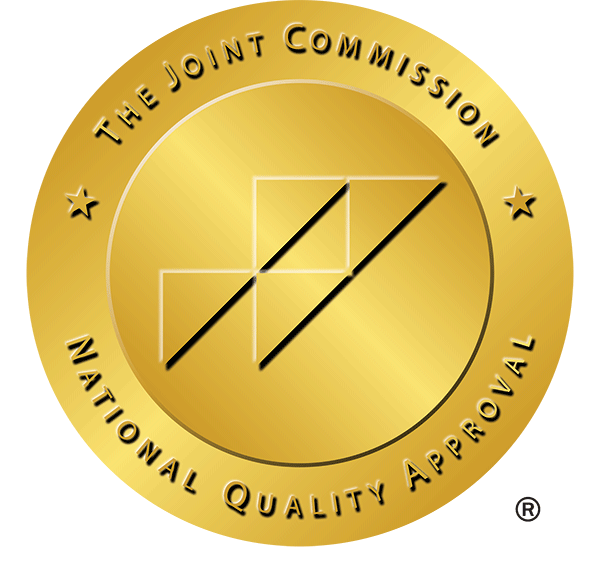Table of Contents
Heroin Addiction
Heroin is a powerful and highly addictive narcotic substance. It has claimed and ruined the lives of millions of people from all walks of life. Due to its addictive nature, many people are interested in the drug’s effects on the body.
Please note that this article is not intended to guide anyone to try and deceive heroin testing or mislead tests designed to test heroin in the system. It is merely a guide to inform people of heroin and its effects on the human body.
What is Heroin?
What are the Effects of Heroin?

How is Heroin Processed in the Body?
- How much is used
- Where in the brain or body it binds
- How strongly it binds and for how long
- How quickly it gets there
- What happens afterwards 3
Heroin Testing Methods
Heroin in Urine Test
Heroin in Saliva Test
Heroin in Hair Follicle Test
Heroin in Blood Test
How Long Does Heroin Stay in Your System?
Symptoms of Heroin Overdose
Heroin is highly addictive, and therefore, overdoses are common. The following are potential symptoms of a heroin overdose.
- Shallow, slow, or difficulty breathing
- Discolored tongue
- Low blood pressure
- Weak pulse
- Coma
- Uncontrolled muscle movements
- Pinpoint pupils
- Unconsciousness
Factors That Affect Detection Time
- Hydration and Body Mass: Hydration levels, body mass, and physical activity affect how long drugs are detected.
- Drug Tolerance: If someone has built up a tolerance to a drug, it tends to metabolize more quickly.
- Frequency and Amount of Use: Another critical factor in drug detection time is the amount and frequency of the drug's use.6
Get Help for Heroin Addiction at Stillwater Behavioral Health
Stillwater Behavioral Health is a private residential facility offering alcohol and substance abuse treatment. Our addiction treatment is client-focused, and our approach is holistic and individualized. Our goal is to successfully treat individuals suffering from addiction in an authentic, caring, dignified, and consistent manner using proven techniques that deliver measurable results.
Our approach to treating addiction focuses on the whole individual – mind, body, and spirit. We teach mindfulness, self-awareness, and reflection and believe exercise and nutrition are essential elements of healing.7
We have extensive experience treating heroin addiction and offer interventions, detoxing, therapies, and inpatient and outpatient care. Should you or a loved one require our help, please contact us today.

Resources
- https://www.webmd.com/mental-health/addiction/heroin-use
- https://nida.nih.gov/publications/research-reports/heroin/what-are-immediate-short-term-effects-heroin-use
- https://nida.nih.gov/publications/research-reports/heroin/effects-of-heroin-on-body
- https://disa.com/drug-testing/types-of-drug-tests
- https://www.lancet.co.za/wp-content/uploads/2015/07/South-Africa-Guide-to-Drug-Testing-June2015.pdf
- https://www.verywellmind.com/how-long-do-drugs-stay-in-your-system-67260
- https://thestillwatercentre.com/




